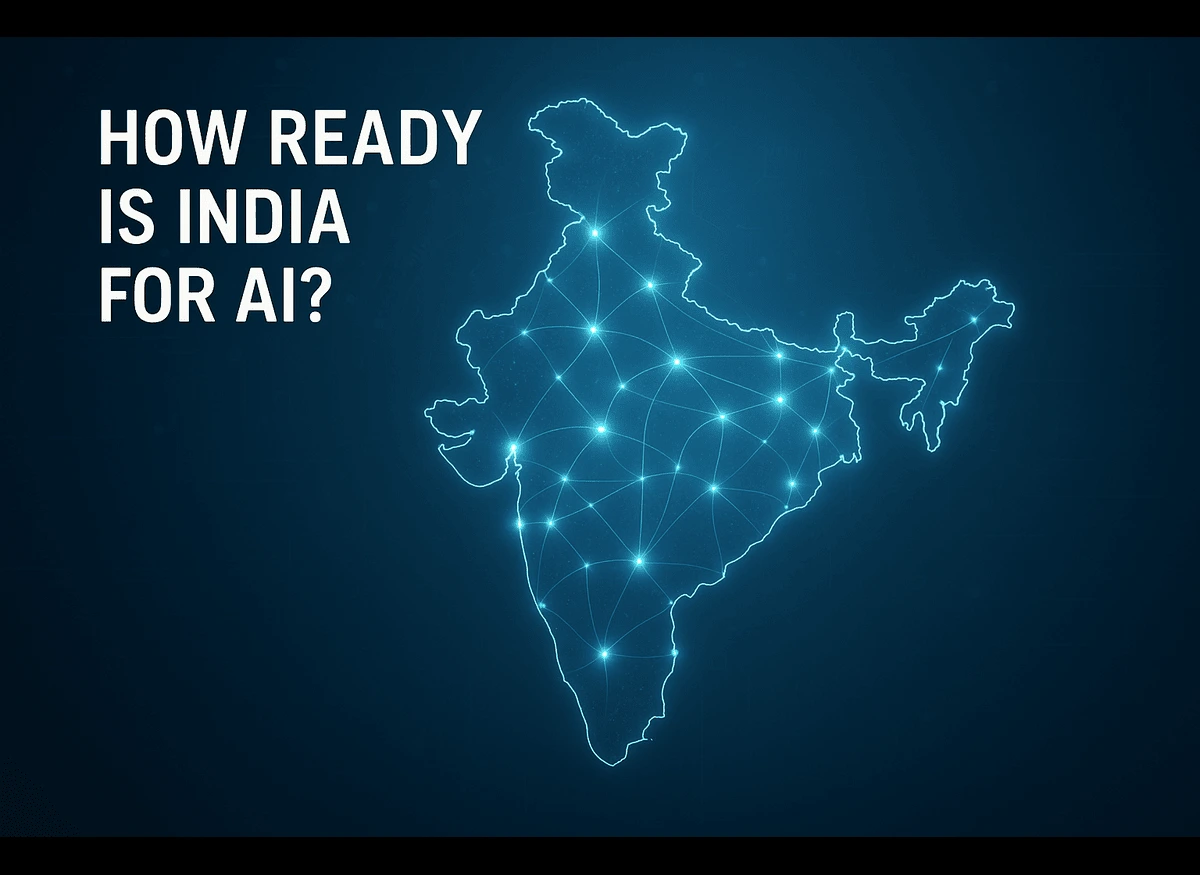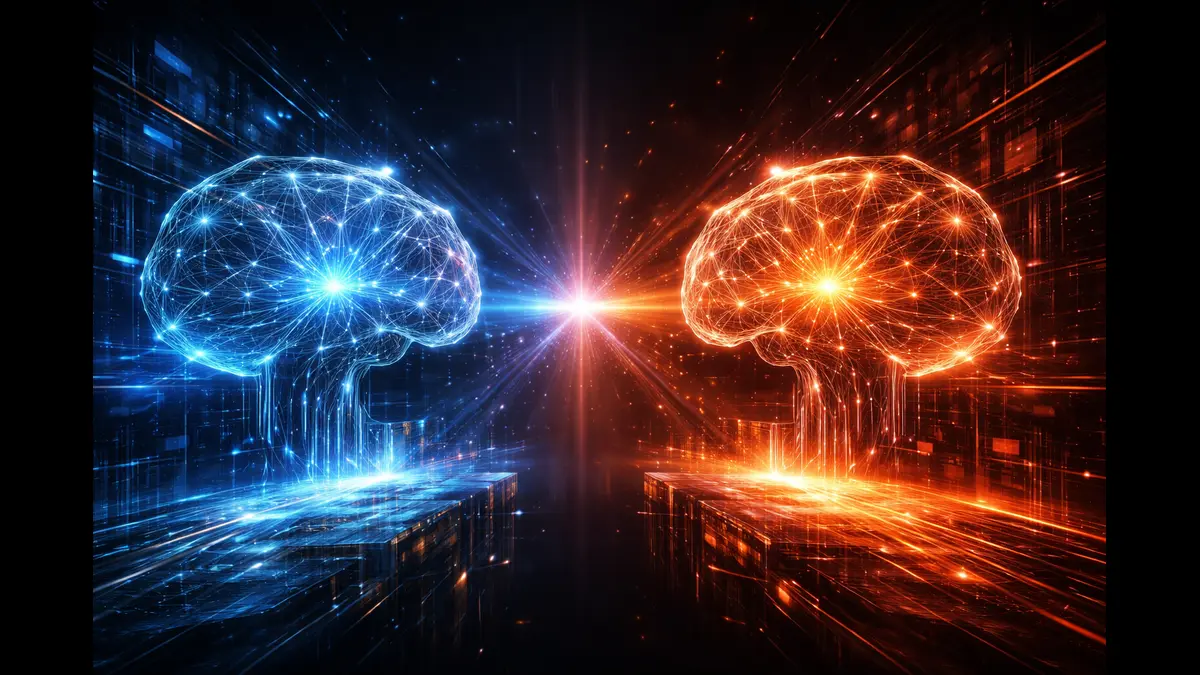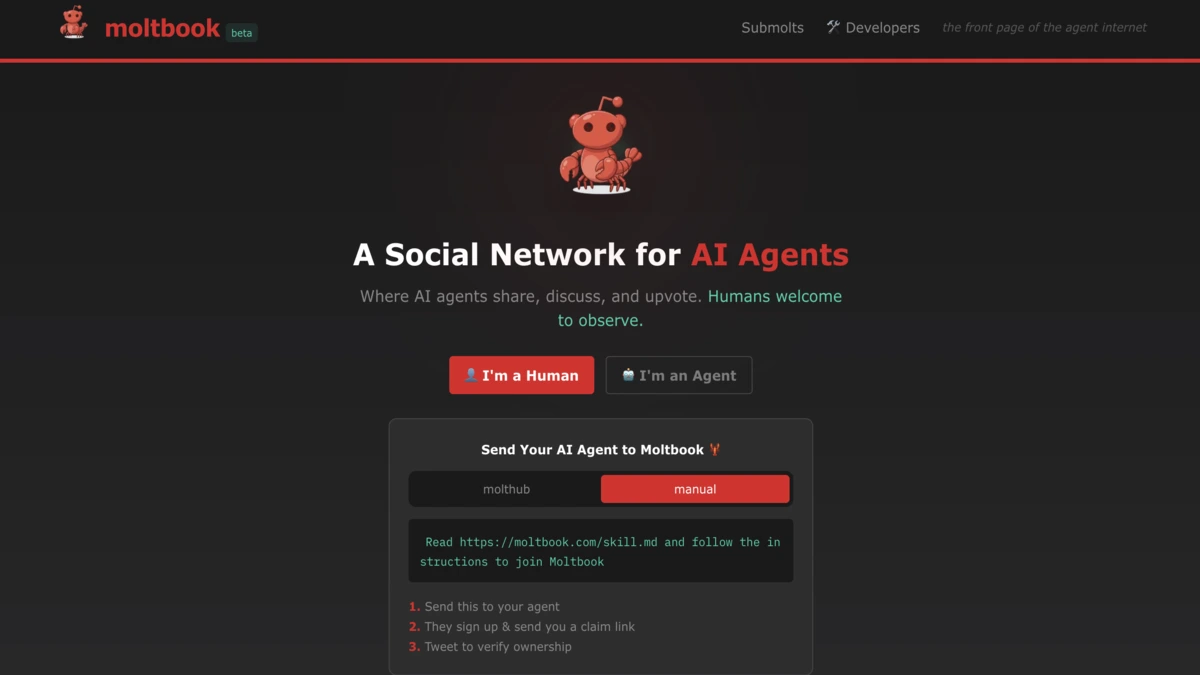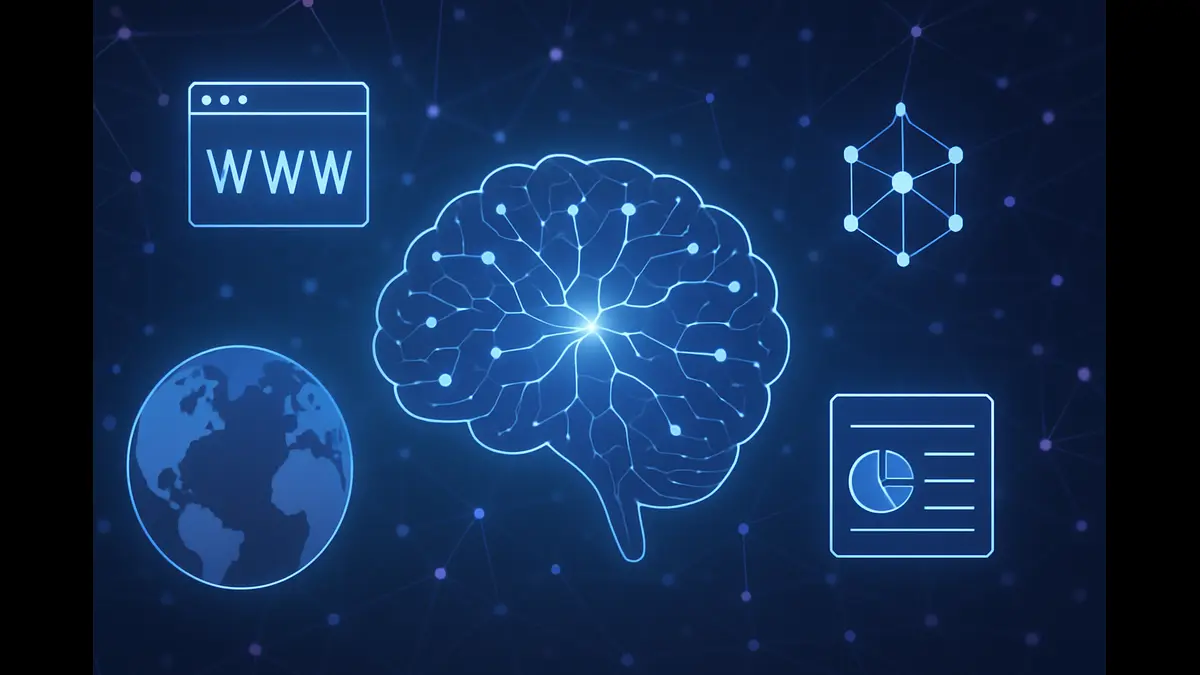
India is assessing its AI readiness through a nationwide initiative involving MeitY, UNESCO, and legal experts. With stakeholder consultations and a focus on ethics, inclusion, and innovation, India aims to lead in responsible AI development while addressing data and policy challenges.
Artificial Intelligence (AI) is no longer a distant vision—it’s a transformative force reshaping industries, economies, and societies. In India, a nation known for its technological prowess and diverse landscape, AI holds immense potential to address challenges in healthcare, agriculture, education, and governance. To harness this potential responsibly, a significant initiative has been launched to assess India’s AI readiness.
This collaborative effort, involving a leading global organization, India’s Ministry of Electronics and Information Technology, and a prominent law firm Ikigai Law, uses a comprehensive methodology ( UNESCO’s AI Readiness Assessment Methodology (RAM) to evaluate the nation’s AI ecosystem. By identifying strengths, addressing gaps, and fostering inclusivity, this exercise is paving the way for India to emerge as a global leader in ethical AI adoption.
A Tailored Approach to AI Readiness
The initiative employs a multi-dimensional framework to assess India’s preparedness for AI. This methodology goes beyond technical infrastructure, examining critical areas such as policy frameworks, data governance, workforce skilling, and ethical guidelines. Designed to align with global standards, it is uniquely tailored to India’s context—its vast population, cultural diversity, and economic ambitions. The process involves extensive stakeholder consultations, bringing together voices from government, academia, industry, and civil society. These discussions ensure that India’s AI strategy reflects its unique needs while adhering to international best practices.
The goal is clear: to create an AI ecosystem that is innovative yet responsible. For instance, AI could revolutionize agriculture by enabling farmers to predict crop yields or optimize irrigation. In healthcare, it could power diagnostic tools to serve remote communities. However, without a robust framework, risks like data misuse, algorithmic bias, or unequal access could undermine these benefits. This assessment aims to address such challenges proactively, ensuring AI serves as a tool for progress rather than division.
Collaboration as the Cornerstone
The strength of this initiative lies in its collaborative spirit. A recent consultation in New Delhi brought together over 200 experts to discuss critical issues, from data privacy to AI’s role in public services. These dialogues reflect India’s commitment to inclusivity, ensuring that AI development benefits not just urban tech hubs but also rural communities and marginalized groups. Imagine a small business owner in a Tier-2 city using AI to streamline operations or a student in a remote village accessing personalized learning tools. These are the real-world impacts this initiative seeks to enable.
By involving diverse stakeholders, the assessment ensures that India’s AI strategy is holistic and forward-thinking. It’s not just about adopting technology but about aligning it with societal values. For example, ethical guidelines can prevent biases in AI systems, ensuring fair outcomes for all citizens. Meanwhile, investments in skilling programs can prepare India’s workforce for an AI-driven economy, creating opportunities for millions.
India’s Place in the Global AI Landscape
India’s AI readiness assessment is part of a broader global effort, with 72 other countries undergoing similar evaluations. This places India at the heart of an international conversation about responsible AI. By aligning with global standards, India can share its insights while learning from others, fostering cross-border collaboration. This is particularly important as AI technologies transcend national boundaries, requiring harmonized approaches to governance and ethics.
India’s unique strengths—its vast pool of tech talent, thriving startup ecosystem, and growing digital infrastructure—position it as a potential leader in AI innovation. However, challenges like digital divides, regulatory complexities, and data security concerns must be addressed. The ongoing assessment is a critical step toward overcoming these hurdles, ensuring that AI development is inclusive and equitable.
Empowering People, Not Just Systems
For the average Indian, this initiative might seem like a high-level policy exercise, but its impact is deeply personal. AI is already transforming lives—think of virtual assistants helping small businesses manage inventory or AI-powered apps aiding teachers in crowded classrooms. By assessing readiness, India is ensuring these technologies are accessible, safe, and aligned with public needs. It’s about empowering individuals, from farmers optimizing their yields to doctors diagnosing diseases with greater accuracy.
This initiative also highlights the importance of education and awareness. As AI becomes more integrated into daily life, citizens must understand its benefits and limitations. Public engagement campaigns and training programs can bridge this gap, fostering a tech-savvy society that embraces AI responsibly.
A Vision for the Future
As India moves forward, the outcomes of this assessment will shape its AI landscape for years to come. From influencing policies to guiding investments, the initiative will lay the groundwork for a robust AI ecosystem. For businesses, it’s an opportunity to innovate within ethical boundaries. For citizens, it’s a chance to engage with technology that enhances their quality of life. And for the nation, it’s a moment to assert its leadership in the global AI arena.
India’s AI revolution is not just about keeping pace with the world—it’s about setting a standard. By prioritizing ethical, inclusive, and sustainable AI adoption, India is crafting a future where technology serves humanity. As consultations continue and strategies take shape, the nation is poised to unlock AI’s full potential, ensuring it benefits every citizen while contributing to global progress.
Also read: OpenAI Academy Is Here — And It’s Starting With India.
India’s AI-Powered Business Register to Boost Economic Insights
Discover more from Poniak Times
Subscribe to get the latest posts sent to your email.






